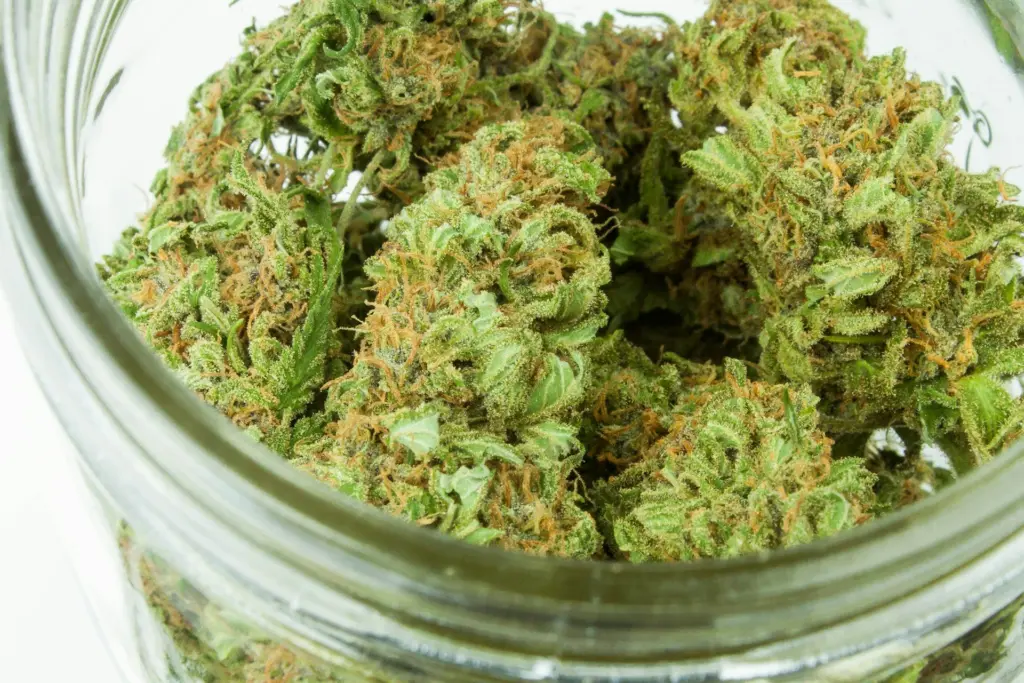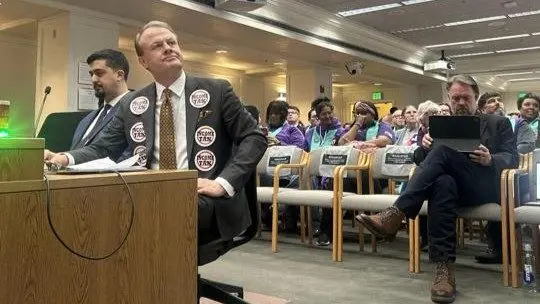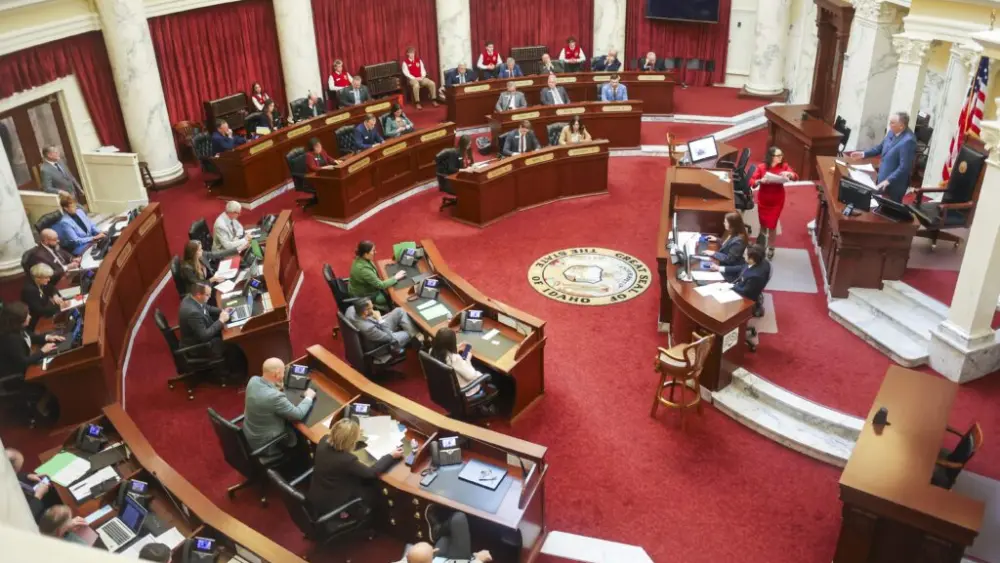BOISE, ID — A citizen-driven effort to legalize medical cannabis under strict state oversight has cleared an early procedural hurdle and is beginning a statewide signature drive to place the proposal on the 2026 ballot.
The initiative, known as the Idaho Medical Cannabis Act, is being led by the Natural Medicine Alliance of Idaho, a coalition formed by residents who say they have witnessed the effects of severe illness and limited treatment options. The initiative would allow licensed pharmacists to prescribe cannabis-based products for Idahoans with debilitating medical conditions such as cancer, epilepsy, PTSD, and chronic pain.
Organizers say the proposal is designed to prevent recreational use while providing access only to qualifying patients with documented medical need. The measure would establish a tightly controlled system that limits the number of in-state growers and distributors, requires medical records for eligibility, and mandates that products be dispensed through Idaho-licensed providers.
“This is about giving families and individuals options when nothing else has worked,” said Amanda Watson, communications lead for the Natural Medicine Alliance of Idaho. She described the plan as a “compassionate, conservative approach to health care” rooted in strong oversight and public safety.
According to organizers, Idaho remains one of only four U.S. states without any legalized form of cannabis. They cite Utah’s 2018 program — which passed with bipartisan support and includes similar regulatory safeguards — as a model. Utah’s medical cannabis program launched in 2020 and has since become self-funded, generating an estimated $6.7 million annually for administration.
To qualify for the November 2026 ballot, supporters must collect more than 70,000 verified signatures statewide. Idaho initiative law also requires signatures representing at least 6% of registered voters in 18 of the state’s 35 legislative districts, ensuring broad geographic support. State officials have confirmed the proposal meets filing requirements and can now advance to signature gathering.
If approved by voters, the initiative would reclassify cannabis from a Schedule I to a Schedule II substance under state law and prohibit public use, sharing, or driving under the influence. Atlas Strategic Communications, which distributed the news on behalf of the coalition, says the act offers “an alternative to opioids and other treatments that carry serious side effects.” Registered voters interested in signing or volunteering will be able to participate through outreach events statewide.
The organization says it is currently recruiting signature gatherers and working to expand education efforts. More information is available at naturalmedicinealliance.com.





